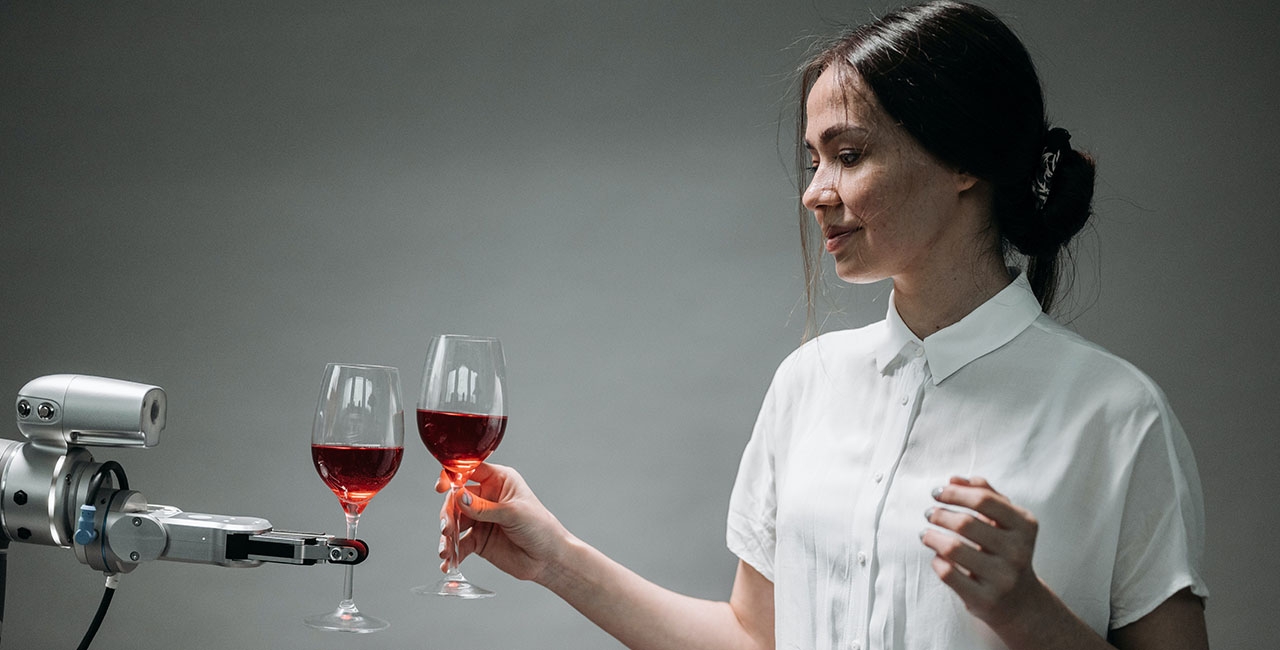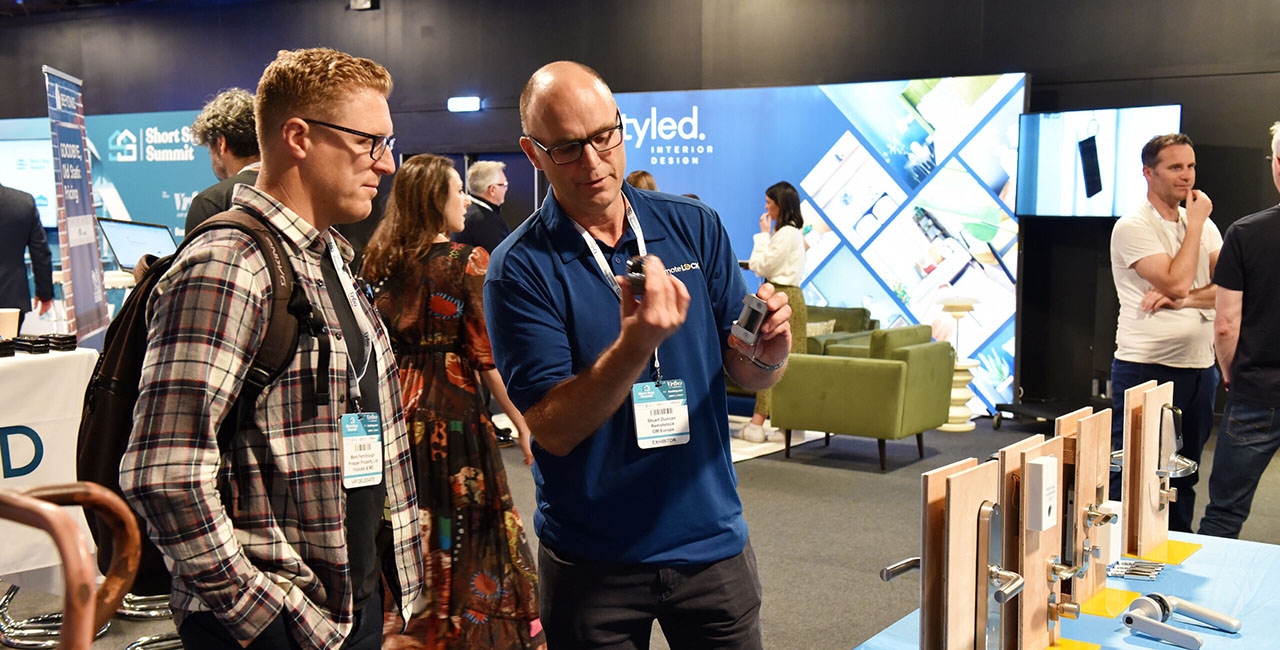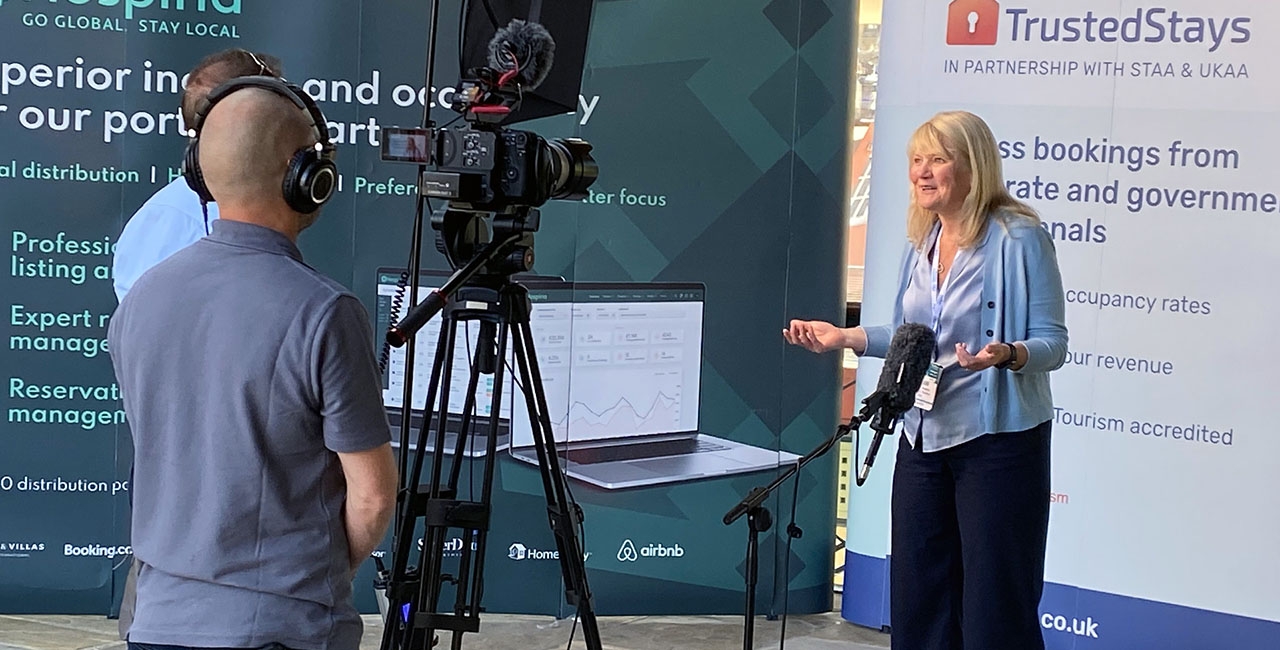
Artificial intelligence (AI) is transforming the hospitality industry in many ways, from enhancing guest experience to optimizing hotel operations. AI is the ability of machines to perform tasks that normally require human intelligence, such as understanding natural language, recognizing images, learning from data, and making decisions. AI can help hotel managers to improve their efficiency, profitability, and competitiveness in a rapidly changing and demanding market.
One of the main applications of AI in the hotel industry is smart energy management. Smart energy management is the use of AI to monitor and control the energy consumption and environmental conditions of hotel rooms and facilities, such as lighting, heating, cooling, ventilation, and air quality. Smart energy management can help hotel managers to reduce their energy costs, carbon footprint, and maintenance needs, as well as to improve guest comfort and satisfaction. For example, AI can learn from guest behavior and preferences to adjust the room temperature, lighting, and curtains automatically, or to suggest optimal settings based on the weather, time of day, or occupancy. AI can also detect and report any anomalies or faults in the energy systems, such as leaks, malfunctions, or inefficiencies, and trigger preventive or corrective actions.
Another application of AI in the hotel industry is robot delivery. Robot delivery is the use of autonomous robots to deliver items such as food, drinks, towels, toiletries, or luggage to guest rooms or other locations within the hotel premises. Robot delivery can help hotel managers to enhance guest convenience and safety, especially in times of social distancing or contactless service. For example, AI can enable robots to navigate through the hotel corridors and elevators, avoid obstacles and collisions, communicate with guests and staff, and complete their tasks efficiently and reliably.
A third application of AI in the hotel industry is unified property management systems. Unified property management systems are integrated platforms that use AI to manage all aspects of hotel operations, such as reservations, check-in/out, housekeeping, revenue management, marketing, loyalty programs, and guest feedback. Unified property management systems can help hotel managers to streamline their workflows, increase their productivity and profitability, and provide better service to their guests. For example, AI can use predictive analytics to forecast demand and revenue, optimize pricing and availability, segment customers and personalize offers, automate booking and check-in/out processes, analyze guest feedback and sentiment, and generate actionable insights and recommendations for improvement.
AI is a game-changer for the hospitality industry’s workforce as it will enhance hotels’ ability to offer even more personalized and tailor-made experiences. As a business tool, AI also allows owners and managers to review an enormous quantity of information and data they produce every day across their organization. Hotel managers who understand how to leverage AI tools to become more efficient and effective will become more valuable than ever. Those who don’t educate themselves may find themselves in a more challenging situation. Hotel industry professionals need to understand the latest trends in artificial intelligence because it can significantly impact the way they operate and provide service to guests.



